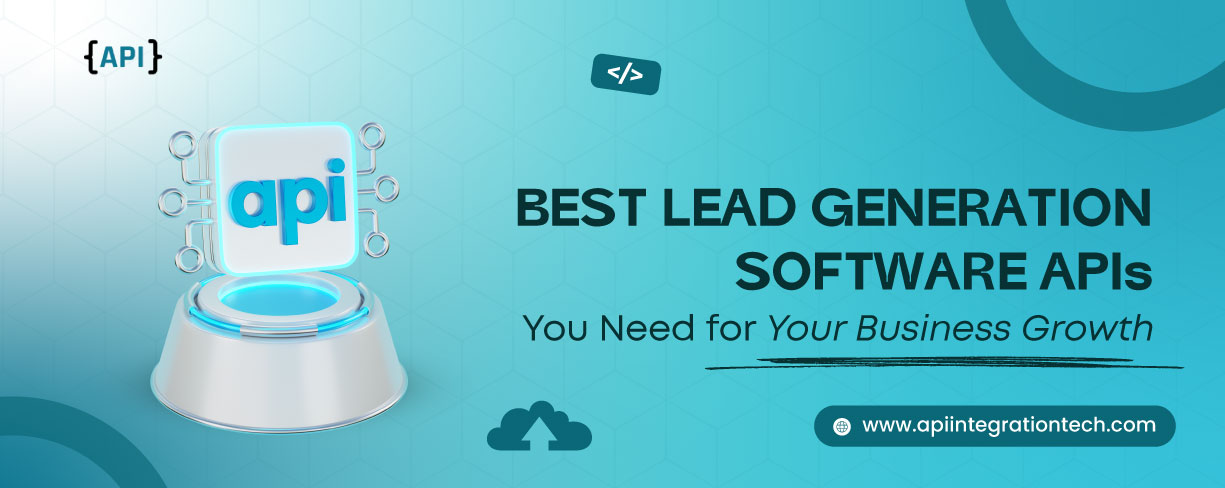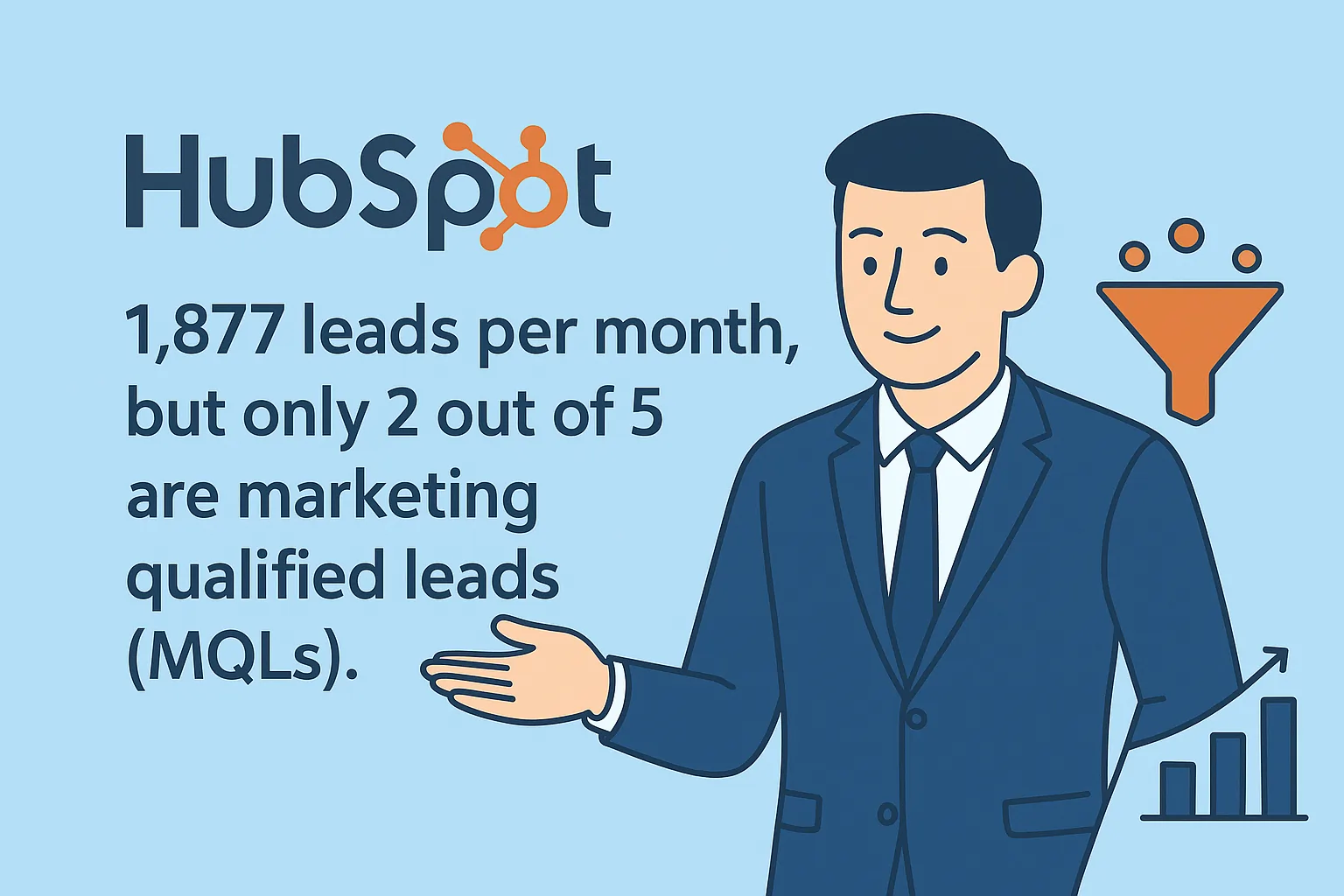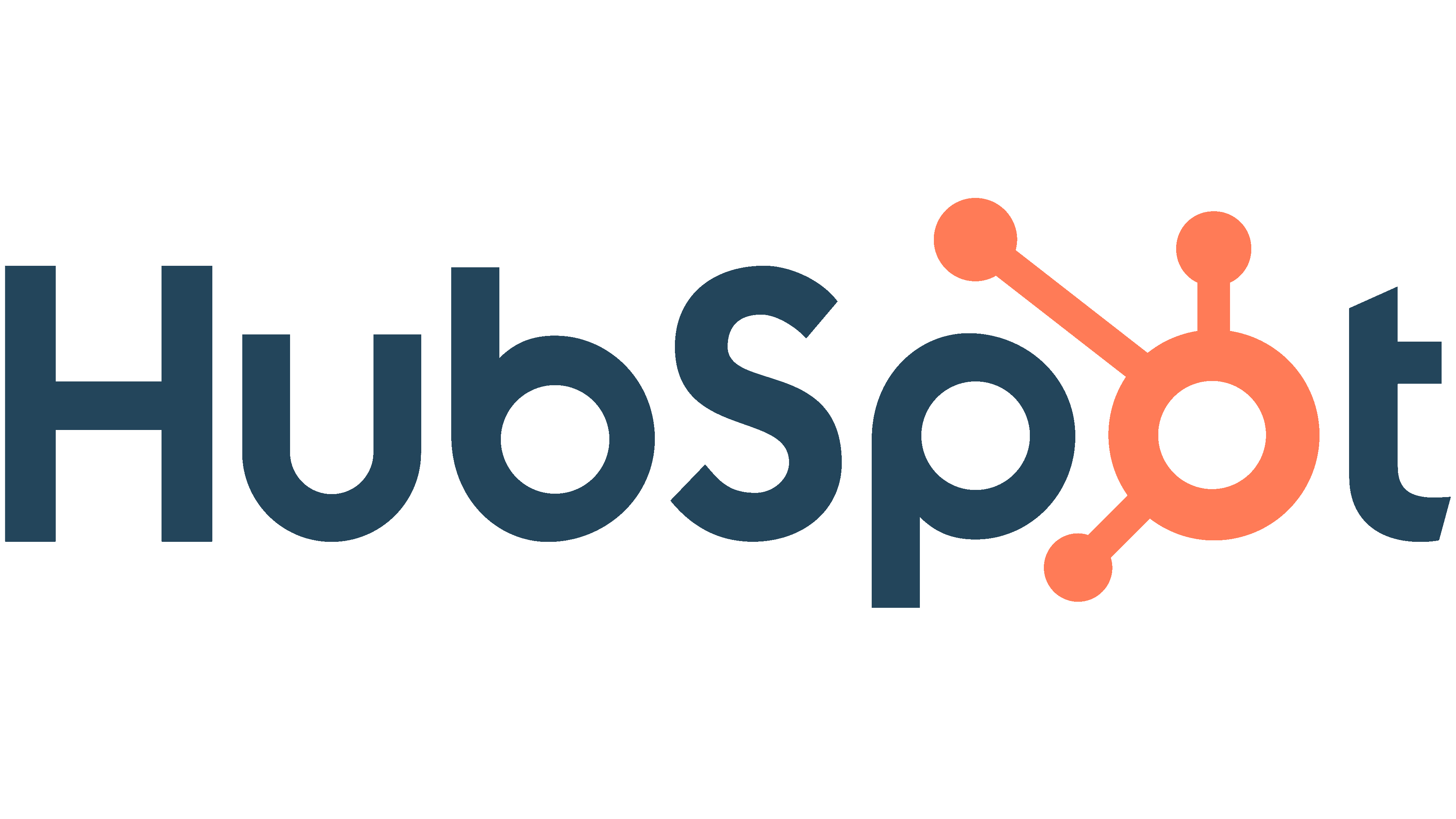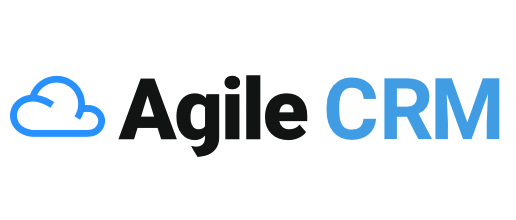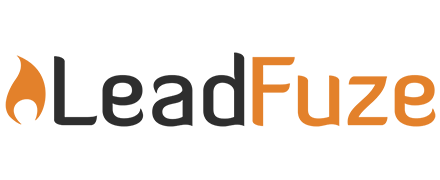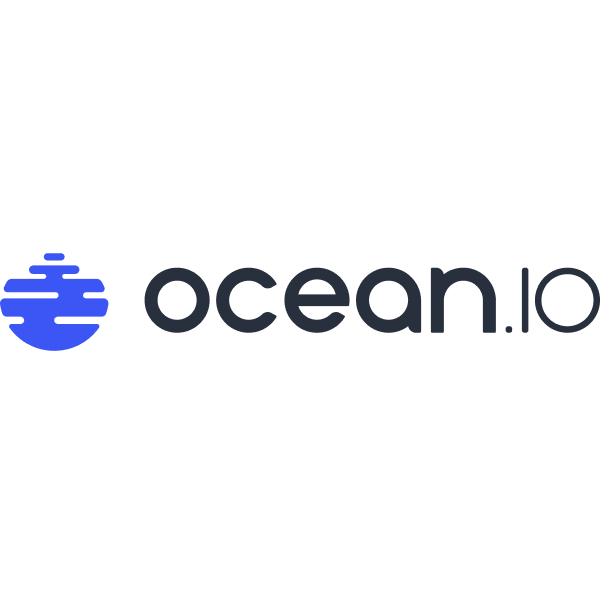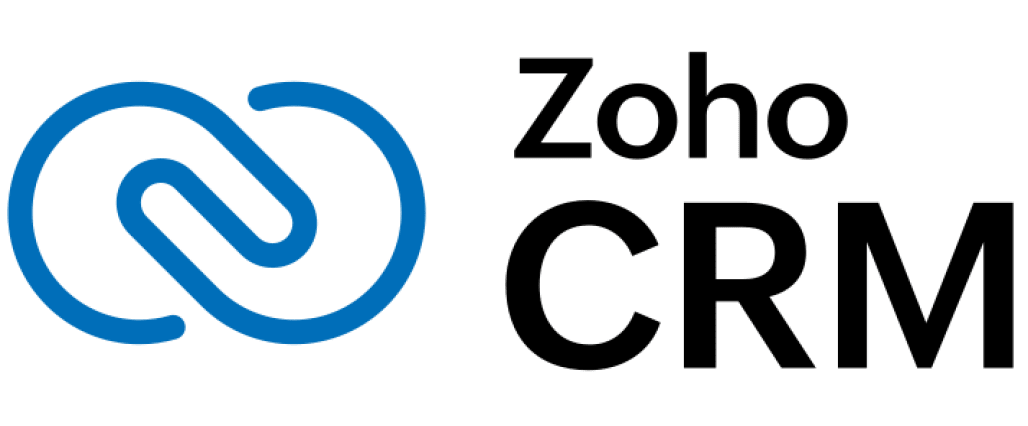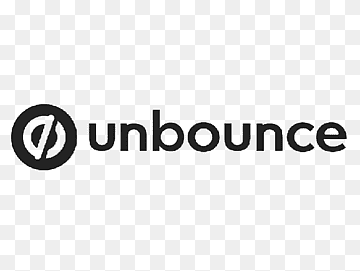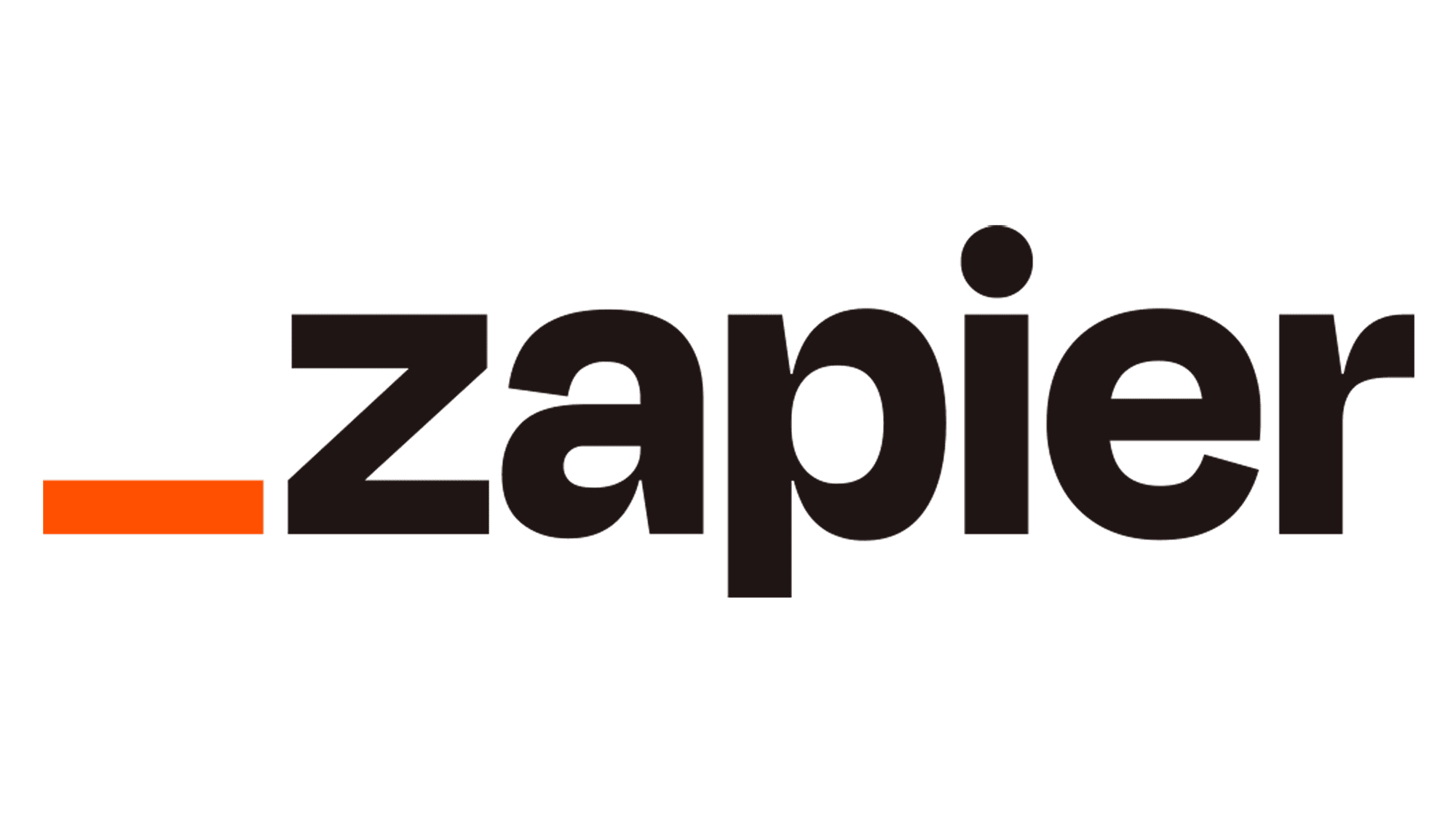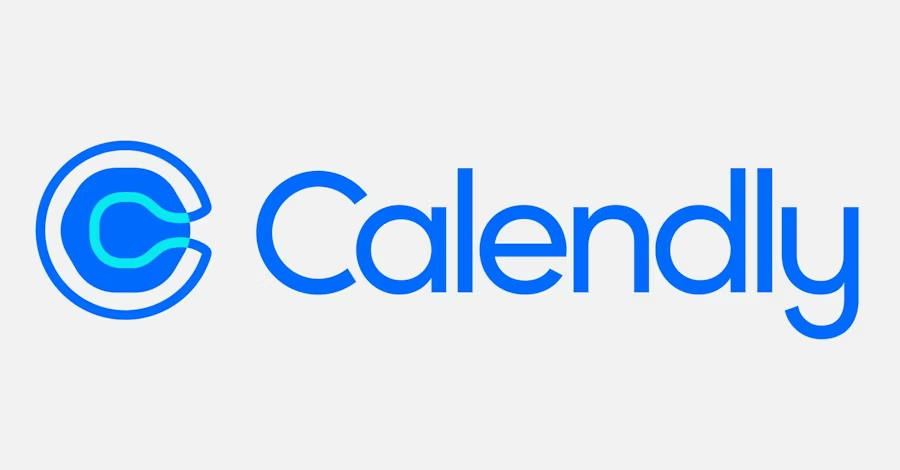Did you know that 50% of marketers consider lead generation a top priority in their marketing campaigns? This indicates why lead generation software is now a must for business growth.
Earlier, teams relied on cold calls and long spreadsheets. Today, lead generation software APIs automate tasks, personalize outreach, and help businesses scale faster.
Still, 12% of marketers admit they do not know how many leads they are generating. This gap proves the need for the best lead generation software that gives real-time clarity.
In this blog, we will explore the best lead generation software APIs you need for your business growth. Things are different now. Lead-generating software turns guesswork into a smart strategy.
Best Lead Generation APIs You Need for Your Business Growth
Here are the top lead-generating software APIs with their important features, pros, and cons:
1. Pipedrive API
Key Features
- The Pipedrive API permits sales teams to automate pipeline management and track deals effectively.
- Webhooks trigger workflows whenever deal stages change, reducing manual work.
- Leads can be imported and enriched using REST endpoints, helping populate the sales pipeline faster.
Looking for scalable API solutions? Partner with our Enterprise API Development Company
Pros
- The visual pipeline is intuitive and easy to use.
- Integration with other tools via webhooks improves workflow efficiency.
- Teams gain better visibility of deals, making sales management more effective.
Cons
- Marketing functionality is limited.
- It is best suited for small to mid-sized teams.
2. HubSpot API
Key Features
- The HubSpot API enables management of contacts, companies, and deals in a single platform.
- Marketing emails can be created, sent, and tracked through the API.
- Form and landing page data capture is automated, feeding leads directly into the CRM.
Pros
-
HubSpot API Integration connects customer management, sales, and marketing in a single solution.
- It provides uninterrupted integrations to improve overall functionality.
- Its reporting and analytics give teams clear insight to boost lead performance.
Cons
- Costs can rise significantly for large-scale usage.
- API rate limits may restrict high-volume operations.
3. Agile CRM API
Key Features
- Agile CRM API automates tasks, meetings, and follow-ups for small businesses.
- It includes telephony integration that allows call tracking within the CRM.
- Lead scoring and segmentation guide teams toward the right expectations.
Pros
- It provides small businesses with an affordable way to bring CRM, marketing, and service together in one tool.
- Agile CRM API built-in telephony saves effort and simplifies work.
- Automation allows small teams to operate efficiently.
Cons
- Scalability is limited for larger teams.
- Reporting options are basic compared to enterprise CRMs.
4. CallPage API
Key Features
- CallPage API triggers instant calls through a website widget to engage visitors immediately.
- The CallPage API permits businesses to schedule callbacks and see clear reports on calls.
- The API sets leads directly into CRMs like Pipedrive, so you can follow up quickly.
Pros
- You can reach customers as soon as they show interest.
- The widget setup is straightforward and quick.
- Increases phone conversion rates for sales teams.
Cons
- Focused mainly on phone-based lead conversion.
- Less useful for businesses not reliant on calls.
5. AeroLeads API
Key Features
- AeroLeads API finds emails and phone numbers from public sources.
- It allows company domain search and verification to ensure data accuracy.
- You can export leads as CSV files or send them to your CRM in groups.
Simplify your business operations with Odoo API Integration Services .
Pros
- It helps save time by adding important information to your leads.
- It works smoothly with most CRMs and outreach tools.
- Bulk export makes managing many leads easier.
Cons
- The accuracy depends on the quality of the source data.
- Some manual verification may still be required.
6. LeadFuze API
Key Features
- LeadFuze API helps you find leads that match your excellent customers.
- You can make lists based on industry, job role, or company size with this API.
- It connects with your CRM or email tools, so leads are prepared to use.
Pros
- This API speeds up the creation of lead lists.
- LeadFuze API improves targeting and lead quality with its AI.
- LeadFuze’s seamless integration with other marketing tools.
Cons
- Limited data available for niche industries.
- Some very niche industries might have fewer leads available.
7. LeadsBridge API
Key Features
- LeadsBridge API moves leads from platforms like paid marketing into your system.
- It saves data flowing both ways between your marketing tools and CRM.
- Auto-mapping and custom field mapping reduce manual work and errors.
Pros
- Ideal for ad-driven lead generation campaigns.
- Reduces errors and duplicate data entry.
- Ensures consistent lead data across multiple platforms.
Cons
- Primarily beneficial for businesses running paid ads.
- Setup may be complex for first-time users.
8. OptinMonster API
Key Features
- OptinMonster API allows programmatic creation and targeting of campaigns on websites.
- A/B testing can be conducted via API to optimize conversions.
- Leads can be exported directly to CRMs or email marketing platforms.
Pros
- Boosts website conversion rates effectively.
- Flexible targeting and testing options improve campaign performance.
- Integrates smoothly with existing marketing tools.
Cons
- Overuse may annoy website visitors.
- Limited to web-based lead capture campaigns.
9. Dealfront API
Key Features
- Dealfront API enriches leads with firmographic and technographic data.
- Tracks company intent signals and allows adding custom attributes.
- This API supports bulk export in JSON or CSV for systematic processing.
Pros
- It provides detailed insights for B2B prospecting.
- This API helps prioritize high-value accounts.
- Centralizes company intelligence in one platform.
Cons
- Not suitable for B2C businesses.
- Premium features are required for full functionality.
Upgrade your shipping operations with FedEx API Integration Services .
10. Extole API
Key Features
- Extole API manages referral campaigns end-to-end.
- Personalized reward logic ensures proper validation for each participant.
- Supports multi-channel sharing to maximize referral reach.
Pros
- Drives organic growth via referral programs.
- Highly customizable reward options.
- Multi-channel support increases engagement.
Cons
- Requires an existing customer base to be effective.
- Advanced campaign setups can be complex.
11. RollWorks API
Key Features
- RollWorks API manages target account lists for account-based marketing campaigns.
- Pixel tracking provides engagement data for intent scoring.
- Opportunities and contacts are synced automatically with the CRM.
Pros
- Helps prioritize high-value accounts.
- Provides actionable engagement insights.
- Ideal for account-based marketing strategies.
Cons
- Not designed for small businesses.
- Costs can be high for startups.
12. Salesforce Marketing Cloud API
Key Features
- Salesforce Marketing Cloud API automates all campaigns, whether organic or paid marketing.
- You can manage and segment data to send messages that suit your audience.
- It tracks performance and key metrics to recognize how campaigns are doing, whether it's worth it or not.
Pros
- This API provides a reliable platform for marketing across the board.
- It is easier to personalize messages and track results.
-
This Salesforce API integration works well with other Salesforce tools you already use.
Cons
- Expensive for small businesses.
- This API’s learning curve can be hard for beginners.
13. Keap API (formerly Infusionsoft)
Key Features
- Keap API allows small businesses to score contacts and leads automatically.
- It supports automated campaign workflows for consistent lead nurturing.
- Invoice and payment integration helps manage sales and billing from one platform.
Pros
- Combines CRM and marketing automation in a single platform.
-
Keap API Integration simplifies campaigns and lead management for small teams.
- Payment and invoicing integration reduces manual work.
Cons
- Learning curve can be steep for beginners.
- Reporting options are limited compared to enterprise tools.
14. Ocean.io API
Key Features
- Ocean.io API identifies buyer intent to improve lead targeting.
- Leads can be enriched with technographic and firmographic data for accuracy.
- The API provides endpoints to export leads dynamically to CRMs or other platforms.
Pros
- This API gives useful information for B2B lead generation.
- It helps you find and focus on the most important expectations.
- Dynamic lead export saves time and reduces errors.
Cons
- Focused primarily on B2B leads.
- Full features are available only in premium plans.
Upgrade your Financial transactions with Sage API Integration Services .
15. Zoho CRM API
Key Features
-
Zoho CRM API Integration manages contacts, leads, and deals.
- This Integration captures webform submissions automatically to feed leads into the CRM.
- This API custom module and workflow automation allow flexible business processes.
Pros
- Zoho CRM API is fully integrated with the Zoho ecosystem.
- This API workflow automation improves team efficiency.
- It is suitable for small and medium-sized businesses.
Cons
- The user interface may be complex for new users.
- Some features require paid subscriptions.
16. Unbounce API
Key Features
- Unbounce API enables the creation of landing pages and forms to capture leads.
- Conversion tracking can be done via an event-based API for accurate measurement.
- Leads can be delivered directly to CRMs or webhook destinations.
Pros
- Simplifies landing page optimization.
- Conversion tracking ensures measurable results.
- Smooth integration with CRMs and other tools.
Cons
- Limited to web lead capture use cases.
- No built-in advanced marketing automation features.
17. Leadpages API
Key Features
- Leadpages API allows users to clone templates and publish campaigns quickly.
- This API captures form submissions and forwards leads to CRMs.
- It provides access to A/B test data to upgrade campaign performance.
Pros
- This API provides a quick setup of landing pages and campaigns.
- This supports A/B testing to improve conversion rates.
- This API integrates directly with CRM and email marketing tools.
Cons
- This API certainly focuses on landing pages, not full marketing automation.
- Reporting is basic for complex campaign tracking.
18. ActiveCampaign API
Key Features
- ActiveCampaign API tracks contact behavior across campaigns to improve targeting.
- Automates lifecycle campaigns to efficiently nurture leads.
- Supports automation of deals and tasks within the CRM.
Pros
- This API brings CRM and email marketing in a single place.
- Teams can keep track of leads and follow up without confusion.
- Simple automations take care of routine tasks so teams save time.
Cons
- The cost may be too high for smaller businesses.
- Some advanced features may need technical help to set up.
19. Zapier API
Key Features
- This connects with more than 6,000 apps to share data and create workflows.
- It supports workflows with steps, conditions, and branching.
- This API repeats tasks automatically if they fail, so processes stay on track.
Streamline your business with our SAP API Integration Services .
Pros
- This API makes it easy to connect different tools without coding.
- It is flexible enough to suit multiple types of business needs.
- This saves time by managing repetitive tasks.
Cons
- Some advanced workflows require premium plans.
- Certain app integrations may have limited triggers or actions.
20. Demio API
Key Features
- Demio API tracks webinar registrations and attendance to capture leads effectively.
- Attendee metadata can be exported to CRMs for follow-up.
- Sends automated reminders and follow-ups for live events.
Pros
- Ideal for webinar-based lead generation.
- Automated reminders increase event attendance.
- Seamless integration with CRM ensures proper lead management.
Cons
- Focused primarily on webinars and live events.
- Limited functionality outside event management.
21. Hunter API
Key Features
- Hunter API discovers email addresses using domain searches and known patterns.
- Provides email verification, scoring, and deliverability insights to ensure valid leads.
- Supports bulk verification via CSV upload or API for efficiency.
Pros
- Ensures accurate and deliverable email lists.
- Bulk verification saves time for large campaigns.
- Supports effective outreach campaigns.
Cons
- The free tier is limited and may not meet all needs.
- Not a full lead enrichment tool; additional data may be required.
22. Calendly API
Key Features
- Calendly API allows the creation of personalized meeting links for scheduling.
- Fetches user availability and books meetings via API automatically.
- Captures invitee metadata to integrate with CRM or marketing tools.
Pros
- This schedules meetings automatically, reducing manual work.
- It removes the need for email exchange to set appointments.
- This works smoothly with calendars and CRM tools.
Cons
- Primarily focused on scheduling, not full lead generation.
- This API’s advanced features require paid plans.
Conclusion: Which API Is Right for Your Growth Strategy?
The right lead generation software APIs modify how businesses capture and manage prospects. They help automate workflows, enrich lead data, and convert more potential customers.
At APITECH we specialize in integrating the best lead generation software APIs for businesses of all sizes. From seamless setup to custom workflows, we ensure your lead management systems work reliably and deliver results.
Whether you want to improve prospect engagement, automate outreach, or enrich your data, APITech,APITech helps you get the most from these powerful APIs.
Let us help you leverage top lead generation software APIs to grow your business faster and smarter.
Enhance your business operations with ChatGPT API Integration Services .
FAQ – Best Lead Generation Software APIs You Need for Your Business Growth
1. How do lead generation APIs help my business?
They handle routine tasks, provide reliable lead data, and do simpler outreach. This frees your team to focus on valuable prospects and closing deals.
2. Which businesses can benefit from lead generation APIs?
Any business can use them. Startups can grow faster, sales teams can manage leads better, and large companies can connect multiple tools to work more smoothly.
3. Do I need technical knowledge to use these APIs?
Some APIs require basic technical setup, but many offer clear documentation and support. Tools like Zapier allow no-code integration for easier workflow automation.
